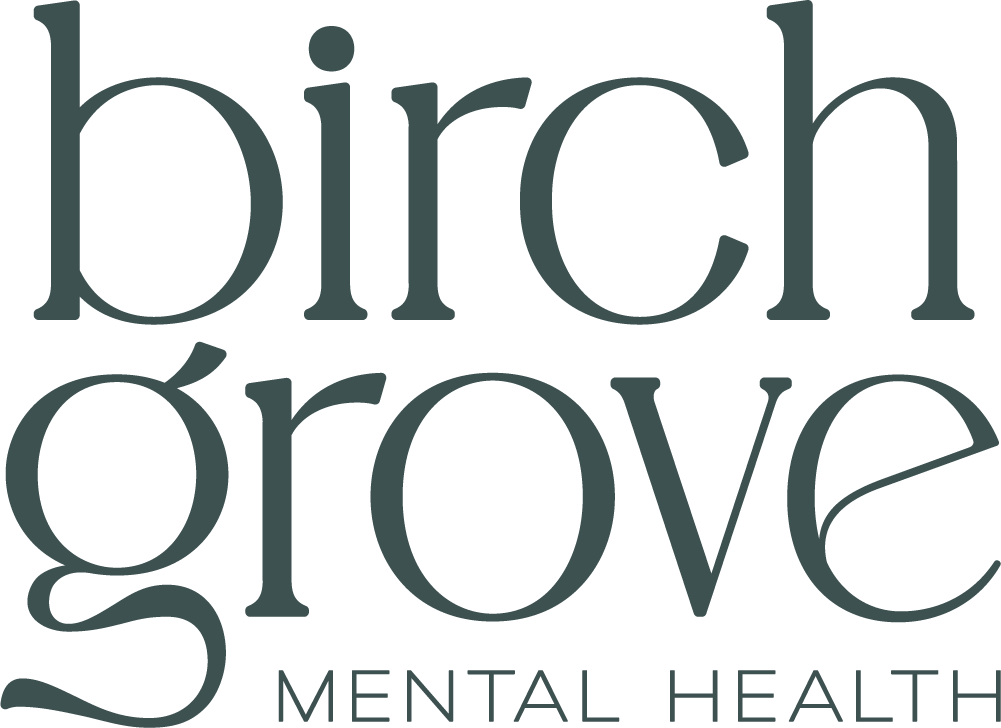Teenage years can be a challenging period filled with emotional and physical changes. While mood swings are a normal part of adolescence, persistent feelings of sadness, hopelessness, or loss of interest in activities may be signs of depression. Therapy can be an effective way to help teens navigate their emotions and develop healthy coping strategies.
- Recognizing Signs of Teen Depression
Symptoms of depression in teenagers can include:
- Persistent sadness or irritability
- Changes in sleep or appetite
- Difficulty concentrating
- Withdrawal from friends and family
- Loss of interest in previously enjoyed activities
- Thoughts of self-harm or suicide
- How Therapy Helps
Therapy provides a safe space for teens to express their emotions, identify triggers, and develop strategies to manage their mental health. Different therapeutic approaches can be effective, such as:
- Cognitive Behavioral Therapy (CBT): Helps teens recognize and change negative thought patterns.
- Dialectical Behavior Therapy (DBT): Focuses on emotional regulation and interpersonal skills.
- Family Therapy: Involves family members to improve communication and support.
- Mindfulness and Stress Reduction Techniques: Helps manage anxiety and depressive symptoms.
- Encouraging Teens to Seek Help
Families play a crucial role in supporting a teen with depression. Providing a nurturing and non-judgmental environment can make a significant difference in their recovery. Parents and caregivers can help by:
- Actively listening to their teen’s concerns without dismissing their feelings
- Encouraging routines that promote stability, such as regular sleep and healthy eating habits
- Engaging in activities together to strengthen emotional bonds
- Educating themselves about depression to better understand what their teen is experiencing
Many teens may be hesitant to talk about their feelings or seek therapy due to stigma or fear of judgment. Parents, teachers, and caregivers can support them by:
- Normalizing mental health discussions
- Encouraging open communication
- Providing reassurance that seeking help is a sign of strength
- Helping them find a qualified therapist
- Taking the First Step
If your teen is showing signs of depression, seeking professional help early can make a significant difference. At Birch Grove Mental Health, we offer compassionate, evidence-based therapy designed to support teens and their families.
Sources:
– American Psychological Association (APA): [www.apa.org](https://www.apa.org)
– National Institute of Mental Health (NIMH): [www.nimh.nih.gov](https://www.nimh.nih.gov)
– Harvard Health Publishing: [www.health.harvard.edu](https://www.health.harvard.edu)

